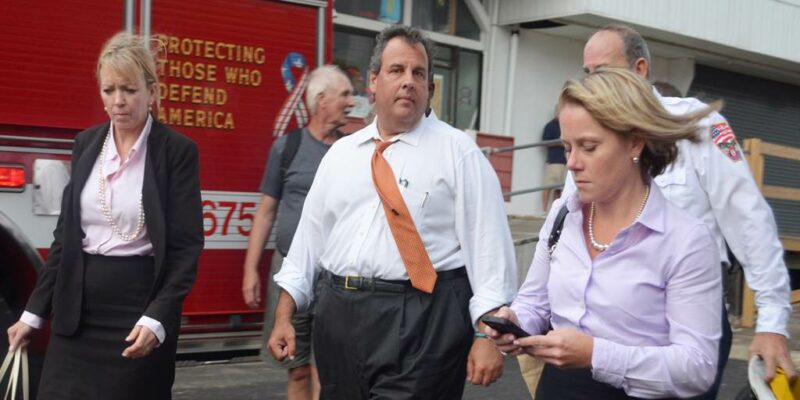New Jersey has long held a notorious reputation for political corruption, a legacy that dates back over a century and continues to shape its political landscape. From powerful political bosses to modern-day scandals, the state’s history is riddled with tales of deceit, bribery, and fraud.
As former Governor Tom Kean once said, New Jersey and you, ‘poifect’ together. The same can be said about New Jersey and political corruption, and it goes way back before Bob Menendez started stashing gold bars from foreign governments in his closet.
Frank Hague: The Godfather of NJ Corruption
The story of New Jersey’s political corruption is incomplete without mentioning Frank Hague, who served as the mayor of Jersey City from 1917 to 1947.
Hague’s political machine was among the most powerful in the nation, controlling votes not only in Jersey City but across the state. His tactics included voter fraud and intimidation, securing election victories for his allies by holding off reporting vote totals until he knew how many votes were needed to win.
This brazen manipulation made him a legendary figure in New Jersey’s political lore.
Operation Bid Rig: Modern-Day Scandals
One of the most significant corruption investigations in recent history was Operation Bid Rig, a federal probe that spanned from 2002 to 2014. This operation led to the indictment of over 60 public officials and politically connected individuals.
There were several other Operation Bid Rigs since the first one.
The investigation revealed widespread bribery and corruption among politicians and public officials in New Jersey. Notable figures included Jersey City councilman Philip Kenny, Hoboken Mayor Peter Cammarano, and Assemblyman Daniel Van Pelt. The operation even uncovered an organ trafficking scheme, adding a bizarre twist to the scandal.
Bridgegate and Beyond
Another major scandal that rocked New Jersey politics was Bridgegate in 2013. This involved members of Governor Chris Christie’s administration orchestrating a massive traffic jam on the George Washington Bridge as political retribution against the Mayor of Fort Lee for not endorsing Christie.
The scandal led to federal charges against key officials in Christie’s administration, highlighting the extent of political vendettas and misuse of power in the state. Three people were originally tried and convicted in the case, Bill Baroni, Bridget Anne Kelly, and David Wildstein. All later either had their cases overturned or turned on each other for plea deals.
Enduring Corruption
Despite numerous high-profile cases and continuous efforts to combat corruption, it remains a pervasive issue in New Jersey. A poll by Fairleigh Dickinson University in 2023 found that a staggering 80% of residents believe their politicians are corrupt. This sentiment is fueled by a steady stream of scandals and the state’s lenient Open Public Records Act, which often leaves significant matters of public interest undisclosed.
The persistent corruption in New Jersey is attributed to several factors, including its dense population, extensive local government structures, and a historical culture of political patronage and machine politics. These elements create an environment ripe for corrupt activities and make it challenging to implement lasting reforms.
In conclusion, while New Jersey’s political corruption is infamous, it is also a reflection of broader systemic issues that plague many political systems. The state’s history serves as a cautionary tale of the dangers of unchecked political power and the ongoing struggle for transparency and accountability in governance.

